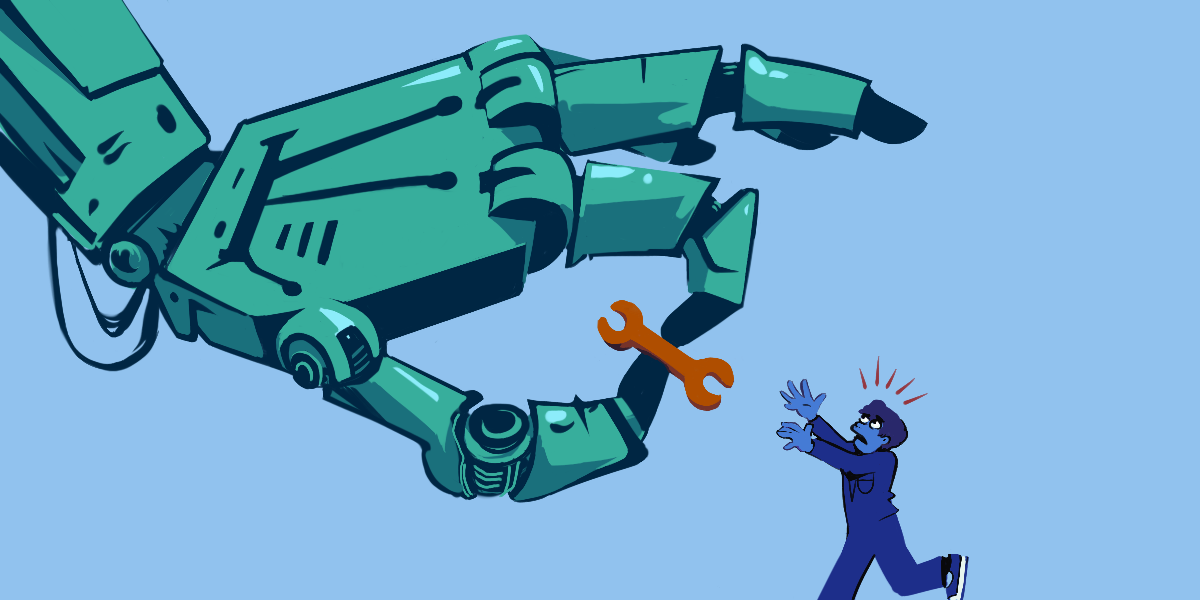Antitrust law has long recognized that monopolies stifle innovation and gouge consumers on price. When it comes to Big Tech, harm to innovation—in the form of “kill zones,” where major corporations buy up new entrants to a market before they can compete with them—has been easy to find. Consumer harms have been harder to quantify, since a lot of services the Big Tech companies offer are “free.” This is why we must move beyond price as the major determinator of consumer harm. And once that’s done, it’s easier to see even greater benefits competition brings to the greater internet ecosystem.
In the decades since the internet entered our lives, it has changed from a wholly new and untested environment to one where a few major players dominate everyone’s experience. Policymakers have been slow to adapt and have equated what’s good for the whole internet with what is good for those companies. Instead of a balanced ecosystem, we have a monoculture. We need to eliminate the build up of power around the giants and instead have fertile soil for new growth.



monopoly is the end state of competition. we need to stop pretending the system will do anything else.
If we don’t have competition, how will that be anything other than monopoly?
what are we competing over? what happens when someone wins the competition?
We’re competing for people’s cash. If we do a good job at getting it, we get more of it. But how do you define “win”?
Also, please answer my question. If there is no competition, then how do you have anything other than a monopoly?